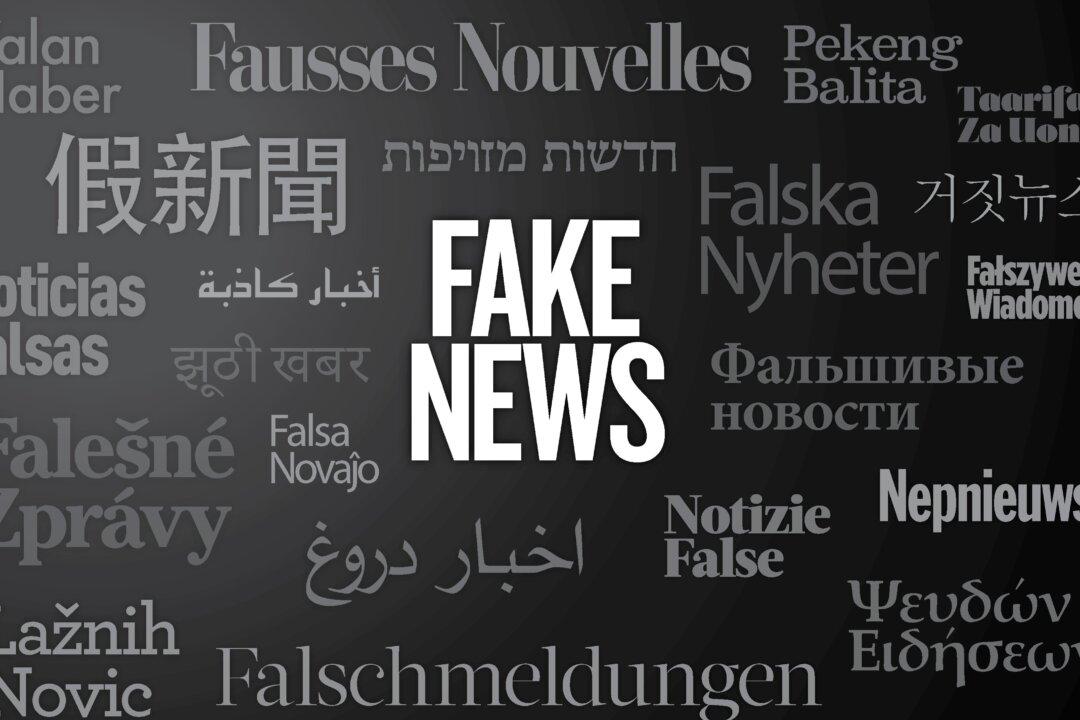The “fake news” scare is making its way around the world, with Germany and Indonesia readying government programs to begin monitoring for and censoring online content they deem “fake.”
Ahead of upcoming elections, the Indonesian government will begin evaluating websites and social media accounts for fake news, while making a stronger push for “social media literacy.”
Germany, ahead of its upcoming parliamentary elections, may pass a law that would allow it to fine Facebook up to 500,000 euros for each day it leaves a story online that has been labeled as fake news. It is also pushing to establish a government agency that will fight the spread of fake news.
German Chancellor Angela Merkel defended the programs, saying, according to International Business Times, “Political debate is taking place in a completely new media environment. Opinions aren’t formed the way they were 25 years ago. Today, we have fake sites, bots, trolls, things that regenerate themselves, reinforcing opinions with algorithms, and we have to learn to deal with them.”





